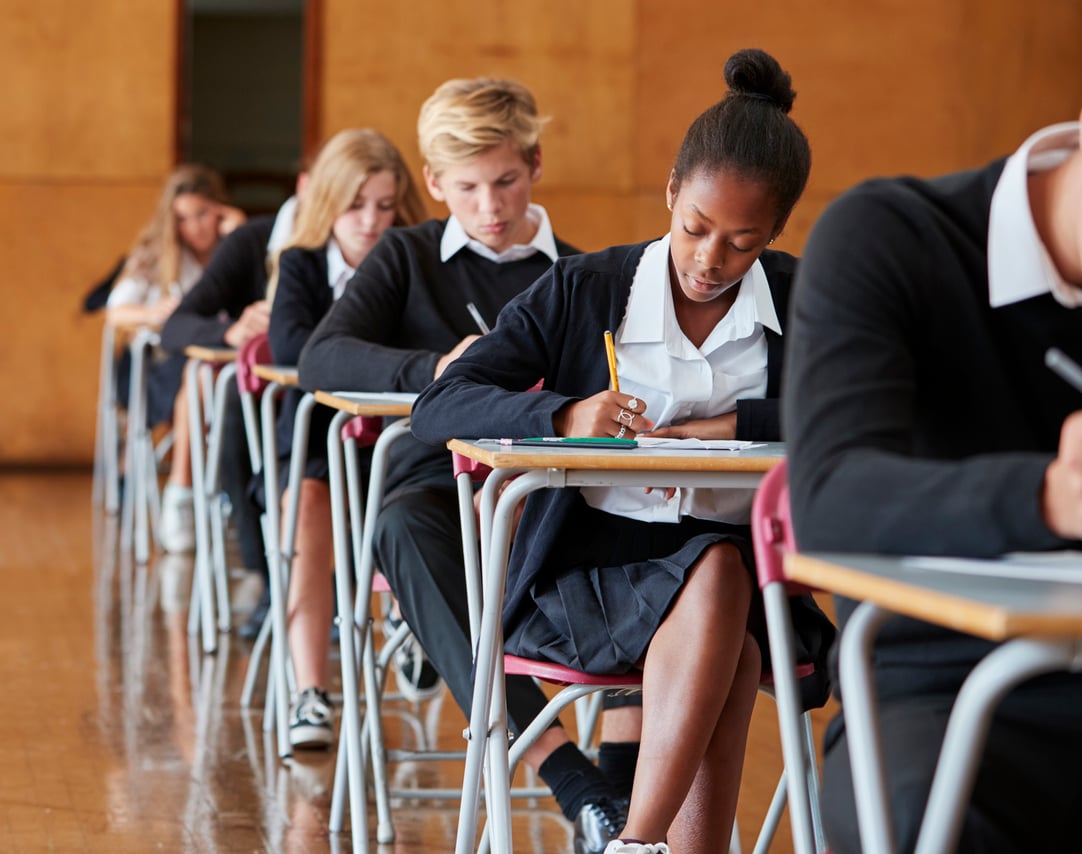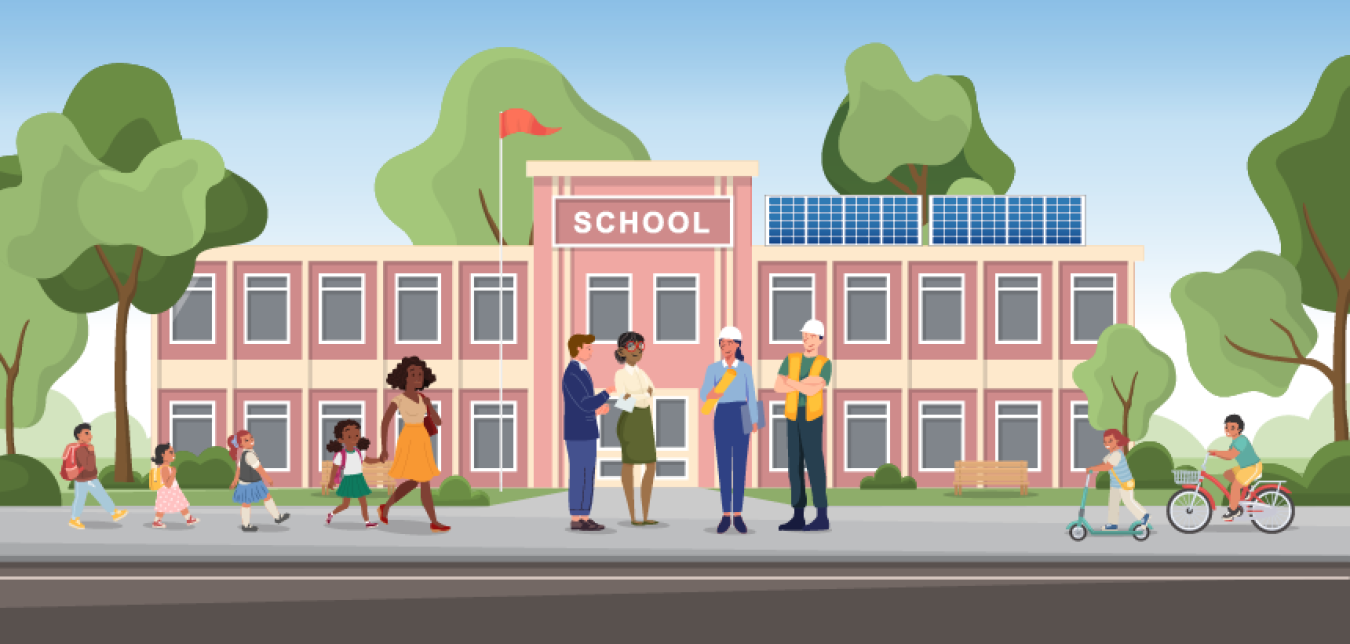The Importance of Neighborhood Support to Save Temecula Schools Today
Comprehending the Importance of Institutions in Youngster Growth and Area Development
Schools' interaction with local communities through service-learning efforts enhances the bond in between households and educational establishments. This cooperative partnership highlights the significance of schools in nurturing active citizenship and long-lasting knowing behaviors.
Academic Success
Academic accomplishment works as a cornerstone of child growth, giving the structure whereupon future understanding and success are developed. Colleges play an essential function in fostering this academic development, using structured environments where children can get essential expertise and cognitive skills. Standard educational program make certain that trainees gain proficiency in core subjects such as mathematics, science, and language arts, which are essential for both greater education and professional possibilities.
In enhancement to giving fundamental scholastic abilities, schools also grow critical thinking, analytic capabilities, and intellectual inquisitiveness. These cognitive expertises are crucial for navigating complicated real-world situations and adjusting to the ever-evolving demands of the modern work environment. Teachers, as facilitators of learning, utilize varied pedagogical strategies to satisfy varied understanding designs, consequently maximizing private student potential.
Additionally, academic success is carefully connected to self-worth and inspiration. Youngsters who experience scholastic success are more probable to create a positive self-concept and a lifelong enthusiasm for understanding. Institutions also offer different sources, such as libraries and innovation, which further improve the instructional experience and prepare students for a technically advanced culture.
Social Skill Development
Beyond academic achievement, the function of colleges in social skill development is crucial. Schools work as a primary venue for youngsters to learn and practice vital social abilities such as conflict, interaction, and participation resolution. In the organized atmosphere of a classroom, students communicate with peers, instructors, and various other college team, using numerous opportunities to create these critical capabilities.
Effective social ability advancement in institutions is helped with via group activities, collaborative projects, and extracurricular programs. These communications aid pupils comprehend social norms, develop empathy, and foster a feeling of community. As an example, group jobs educate trainees just how to interact towards an usual objective, listen to different viewpoints, and browse differences constructively.

The farming of social skills throughout academic year lays a foundation for future personal and professional partnerships. Save Temecula Schools. As pupils grow, the ability to properly interact and team up comes to be increasingly important, emphasizing the school's important role in all natural youngster development
Exposure to Variety
Direct exposure to variety in schools is fundamental to promoting a comprehensive state of mind and expanding pupils' perspectives. Schools work as a microcosm of the more comprehensive culture, and encountering diverse cultures, languages, and socioeconomic backgrounds within this atmosphere furnishes pupils with essential skills for navigating a progressively globalized world. This exposure motivates compassion, reduces prejudices, and promotes mutual respect amongst peers.
Varied class additionally boost social and cognitive development. Research study suggests that trainees who communicate with peers from different backgrounds exhibit better problem-solving skills and creative thinking. They discover to value various viewpoints, which enriches classroom discussions and fosters a more vibrant understanding experience. This understanding of diversity prepares article source students for future workplaces that value modern capability.

Community Engagement
The advantages of varied classrooms prolong past the institution wall surfaces, fostering a strong sense of community engagement among trainees. By connecting with peers from various social, socioeconomic, and ethnic backgrounds, trainees obtain a broader perspective and an admiration for variety. This direct exposure encourages them to come to be active citizens that want to contribute positively to their neighborhoods.
Colleges that emphasize area involvement frequently incorporate service-learning projects, which enable students to attend to real-world issues while applying academic abilities. These jobs not just enhance students' understanding of their coursework but likewise instill a sense of obligation and empathy. Partnerships in between institutions and neighborhood companies provide trainees with opportunities to participate in community occasions, even more strengthening their role as proactive neighborhood participants - Save Temecula Schools.
Furthermore, adult and neighborhood participation in colleges reinforces the bond in between schools and the areas they serve. They develop a collaborative setting that profits all stakeholders when colleges open their doors to area Read Full Report events, workshops, and volunteer opportunities. This shared support system makes certain that trainees obtain holistic development, preparing them to end up being well-shaped individuals that add and value to their neighborhoods. With these initiatives, colleges play an essential function in supporting community involvement and fostering societal growth.
Lifelong Understanding Routines
Creating long-lasting learning practices is vital for a child's constant growth and versatility in an ever-changing world. Colleges play a crucial duty in instilling these routines by producing a setting that cultivates curiosity, essential thinking, and a love for knowledge. Via diverse curricula and extracurricular tasks, instructors motivate pupils to check out different topics, examine info seriously, and apply their discovering to real-world circumstances.

Additionally, colleges provide an organized atmosphere where youngsters can establish self-discipline and time monitoring skills, both of which are critical for continuous knowing. By stressing the significance of establishing goals, mirroring on progress, and adapting strategies, schools prepare pupils to navigate the intricacies of grown-up over here life, ensuring they remain lifelong learners and factors to society.
Conclusion
In conclusion, colleges are vital in fostering child advancement and area growth by offering settings conducive to academic achievement, social ability growth, and direct exposure to variety. Eventually, colleges cultivate long-lasting learning practices, equipping people with the essential knowledge and skills to add favorably to culture.
In the organized setting of a classroom, trainees communicate with peers, educators, and other college staff, supplying many chances to develop these critical capabilities.
In essence, exposure to diversity within schools not just enriches specific pupils however also strengthens the social textile of the community as a whole.
The advantages of varied class extend past the institution walls, promoting a solid feeling of area engagement among students.Institutions that highlight community engagement usually integrate service-learning tasks, which allow trainees to address real-world troubles while applying scholastic abilities. Collaborations in between colleges and local companies offer students with chances to take part in neighborhood occasions, further solidifying their duty as proactive area participants.